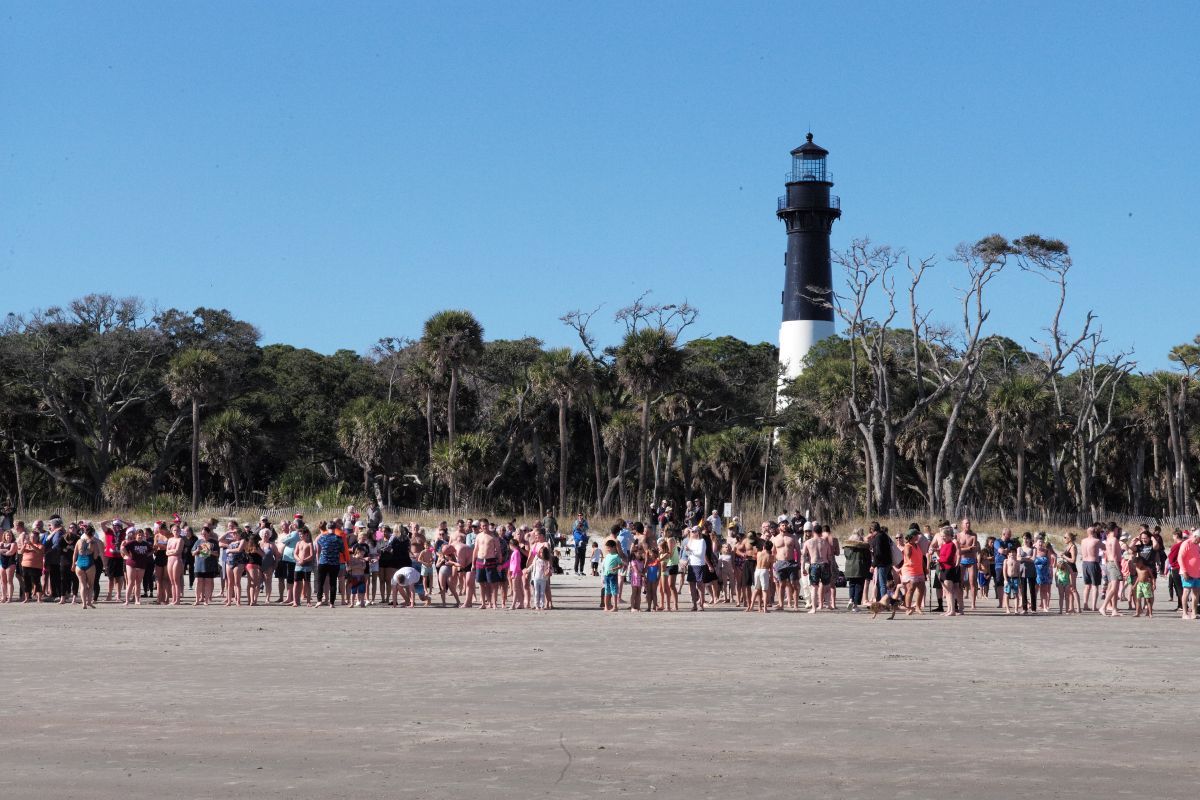Beaufort dodged a big bullet recently when we only got 6 inches of rain versus the 18-26 inches in other parts of the state. However, some of us suffered water or wind damage none-the-less. There is no question it is hard for some to get back to what they think of as “normal”.
Sudden property damage means demand for local rehab and construction services spike. Established contractors known for quality work are booked solid at these times, and outsiders pour in to fill the need.
There will be what they call “storm-chasers” coming to Beaufort who may be less than qualified to do the work but more than willing to take your money. Result? A lot of quick-and-shoddy work gets done, along with a lot of careless or inaccurate insurance adjustments. Even if you don’t need repair work done now, these tips will put you in good stead should the need ever arise.
How to limit your losses: Here are some tips to avoid being taken advantage of by a contractor:
• Have a look at your homeowners insurance. Review your policy and talk with your agent if you notice any coverage provisions you’re unclear about.
• Work with your insurance adjuster. Adjusters know how to inspect for damage, but you’ll help your cause if you’re prepared to point out anything unique that could affect the valuation of the repair or replacement. Most adjusters–but not all–will favor the carrier when there are gray areas. Having your contractor on hand for the inspection can help. You can also hire a licensed public adjuster to look out for your interests at the inspection.
• Check before you hire a contractor. Before the streets are dry contractors’ ads begin to appear on street corners in flooded neighborhoods. That’s not the best way to choose. Neither is saying yes to the first repairman to knock on your door. So what’s the best way to vet a contractor?
Start with any recommendations you can get from people you know. Always ask for two or three references from any contractor you’re considering and make sure to check them. Let us say that again. Check the references. Also, anyone you hire should carry personal liability insurance, property damage insurance, and workman’s comp insurance. See those policies.
Angie’s List, which specializes in home improvement, may be helpful, and other online review sites as well. You can check complaint histories on file with one of South Carolina’s regional Better Business Bureau offices, the Office of the Attorney General, or online dispute resolution services such as PeopleClaim.com.
• Get a written contract, and never pay for a job in advance. At a minimum: the contract should spell out what you want done, project start date and estimated completion date, costs and payment schedule, and cancellation clause. (Tie payments to project milestones so you’re not paying regardless of progress.) Specify written change orders; ditto compliance with building codes. Finally, don’t sign unless you understand and are comfortable with everything in the agreement.
• According to former storm damage insurance adjuster Jeff Kapec, currently with online dispute resolution service PeopleClaim.com, “There’s an apathy factor that both contractors and insurance carriers count on.” If you feel an estimate or adjustment is wrong or unfair and you don’t speak up and pursue it, “it’s lost money,” says Kapec. If you do pursue it you could prevail.
For insurance claims, the first line of resolution is your adjuster. If you disagree with your adjuster’s verdict, don’t let it be final. Move up the ladder: talk with the adjuster’s boss (most likely the manager of a third-party emergency adjusting firm subcontracting flood claims for your insurance company). The next step, often decisive, is the in-house claim manager at your insurance carrier, who has authority to overturn adjusters’ decisions.
If the insurance company decides against you it’s not necessarily the end of the line. An insurer’s decision can sometimes be overturned by filing a complaint with the South Carolina Department of Insurance, which has enforcement authority over companies and agents. Complaints may also be filed with your area BBB office or online dispute resolution services such as PeopleClaim.com.
For all South Carolinians: watch out for disaster-relief charity scams. If you’re among the fortunate whose property wasn’t affected, you can still become a “secondary victim.” According to charity-vetting organization Charity Navigator, the FBI identified 4,000 bogus disaster-relief websites in operation following Hurricane Katrina. By taking advantage of genuine public compassion and ready generosity, fraudulent disaster-relief “charities” channel donations into their own pockets rather than to those who need help.





